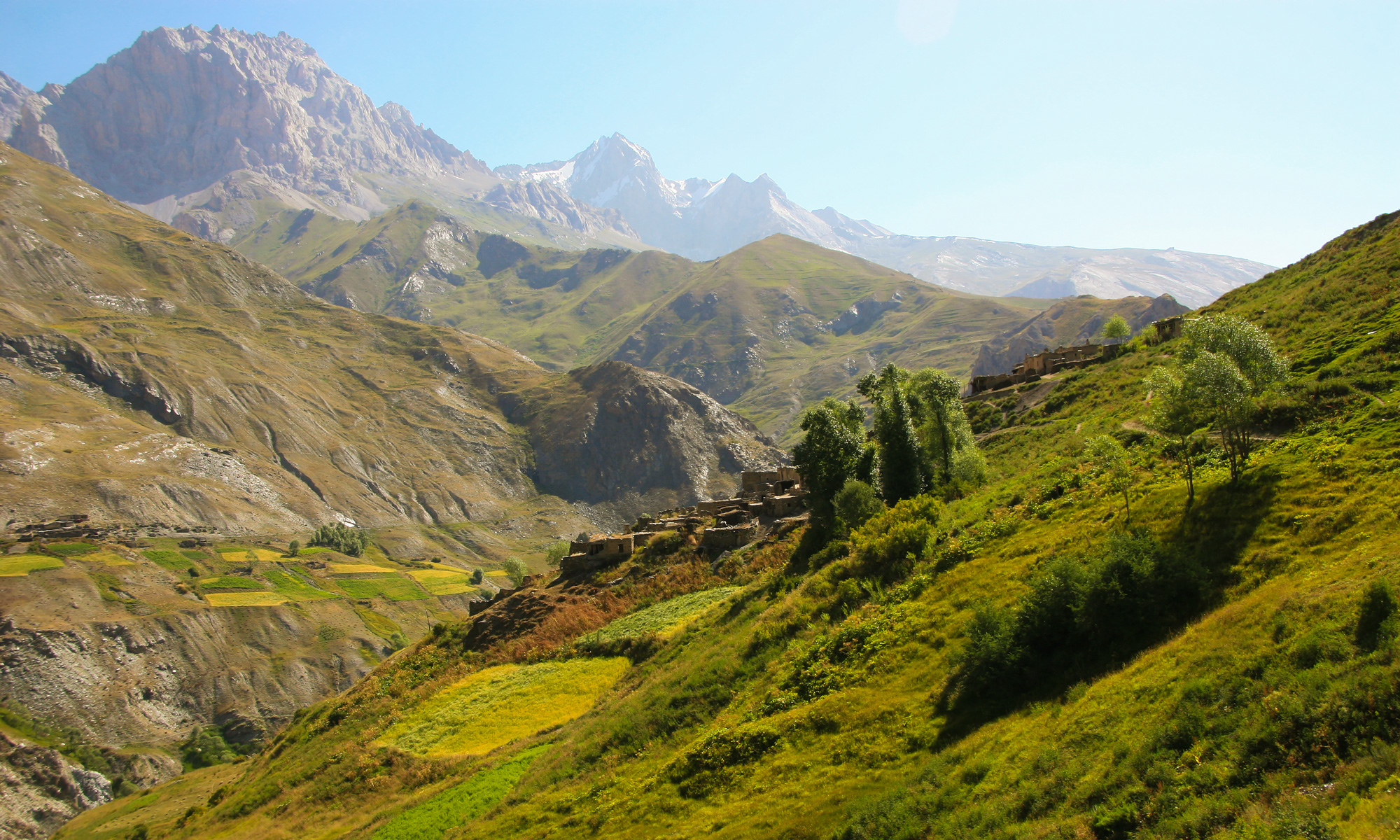“I told him I didn’t want to go back. Not to that place. Not after all we had built. But he said, ‘We belong there.’ So we left. And I followed.”- Kurbongyl, returnee
She remembers the heat of Zafarobod summers. The cotton fields, yes — but also the home they made. “We had a big house. A real one. With radiators and tiled floors. The children had school. We even had doctors,” she says, her voice soft but steady.
Life there wasn’t easy, but it was life. Predictable. Modern, in its way. Livable.
Then, her husband said they were going back.
“I didn’t want to. My youngest daughter didn’t either. But it wasn’t our choice. He had made up his mind.”
They packed. Sold what they could. And returned to the valley Kurbongyl had once called home as a child — but which, by then, felt like another world. Cold. Harsh. Forgotten.
“When we arrived, there was nothing. No windows in the house. No electricity. No real school. We were starting from zero.”
Her husband was determined. He believed in the return, in the meaning of going home. And for a time, they tried to believe with him.
But time is cruel in the mountains. The winters are long. The isolation unforgiving. And then, ten years ago, her husband passed.
“Now it’s just me and my youngest son. He wants to leave too. But I can’t go anywhere anymore. This is my fate now.”
She sits by the window of their rough-built house. Outside, the mountains rise — beautiful, yes, but also silent, vast, unrelenting.
“Zafarobod had heat. Doctors. Work. I had my life there. But here, in Yaghnob, it’s like time stands still.”
And yet, she’s still here. Still waking up each morning. Still boiling tea. Still telling her story.
Because sometimes staying isn’t a matter of love or longing. Sometimes it’s what happens when you follow, and they don’t come back.
“He believed in this place. So I followed him. Now he’s gone. And I’m still here.”
